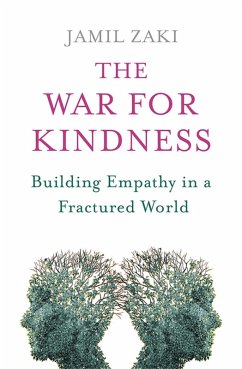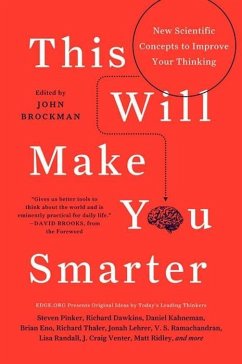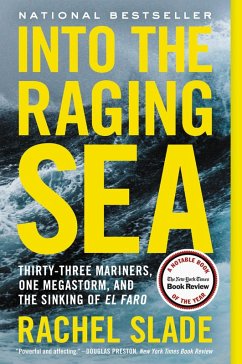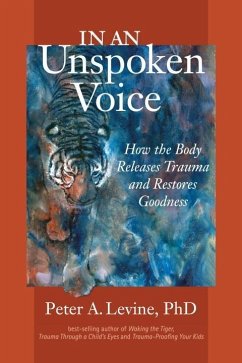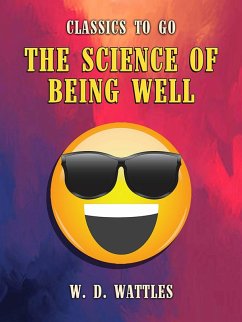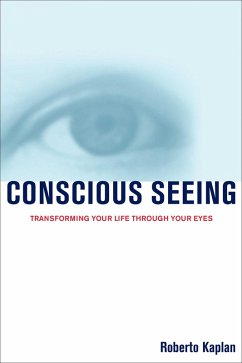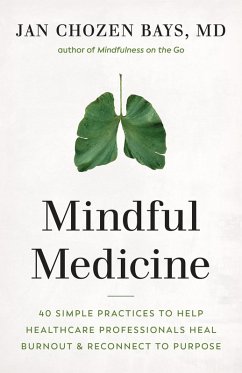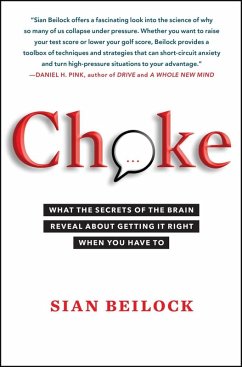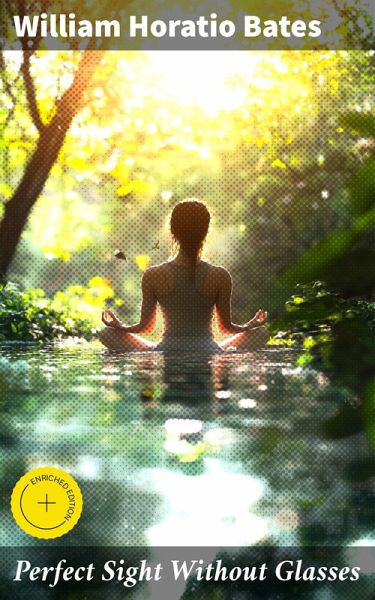
Perfect Sight Without Glasses (eBook, ePUB)
Enriched edition. Transform Your Vision Naturally with Proven Techniques
Kommentar: Dorswell, Selene / Redaktion: Good Press
Versandkostenfrei!
Sofort per Download lieferbar
1,99 €
inkl. MwSt.
Weitere Ausgaben:

PAYBACK Punkte
0 °P sammeln!
In "Perfect Sight Without Glasses," William Horatio Bates presents a revolutionary approach to vision care, challenging the conventional reliance on corrective lenses. Bates advocates for a method rooted in the belief that many vision problems stem from misuse of the eyes and mental strain rather than physical maladies. His writing is characterized by a pragmatic and accessible style, making complex ideas about vision easily digestible for lay readers. Contextually, Bates' work emerges in the early 20th century, a time rife with burgeoning interest in alternative wellness and holistic practice...
In "Perfect Sight Without Glasses," William Horatio Bates presents a revolutionary approach to vision care, challenging the conventional reliance on corrective lenses. Bates advocates for a method rooted in the belief that many vision problems stem from misuse of the eyes and mental strain rather than physical maladies. His writing is characterized by a pragmatic and accessible style, making complex ideas about vision easily digestible for lay readers. Contextually, Bates' work emerges in the early 20th century, a time rife with burgeoning interest in alternative wellness and holistic practices, thus situating his insights within a broader movement seeking self-improvement and natural health remedies. William Horatio Bates, an ophthalmologist with years of clinical experience, was motivated by his observations of patients whose vision improved through simple exercises and relaxation techniques, rather than through surgery or lenses. His desire to empower individuals to take control of their eye health reflects a paradigm shift towards preventative care and education. Bates' pioneering ideas were met with skepticism during his time, yet they have fostered a dedicated following among those disillusioned with traditional ophthalmological practices. For readers seeking alternatives to conventional eye care, "Perfect Sight Without Glasses" is an essential read. Bates' practical methods and philosophical underpinnings offer not just hope for improved vision, but also a profound understanding of the mind-body connection. This book is both an enlightening guide and a call to action for anyone wishing to explore the untapped potential of natural vision enhancement. In this enriched edition, we have carefully created added value for your reading experience: - A succinct Introduction situates the work's timeless appeal and themes. - The Synopsis outlines the central plot, highlighting key developments without spoiling critical twists. - A detailed Historical Context immerses you in the era's events and influences that shaped the writing. - A thorough Analysis dissects symbols, motifs, and character arcs to unearth underlying meanings. - Reflection questions prompt you to engage personally with the work's messages, connecting them to modern life. - Hand-picked Memorable Quotes shine a spotlight on moments of literary brilliance. - Interactive footnotes clarify unusual references, historical allusions, and archaic phrases for an effortless, more informed read.
Dieser Download kann aus rechtlichen Gründen nur mit Rechnungsadresse in A, B, BG, CY, CZ, D, DK, EW, E, FIN, F, GR, H, IRL, I, LT, L, LR, M, NL, PL, P, R, S, SLO, SK ausgeliefert werden.




